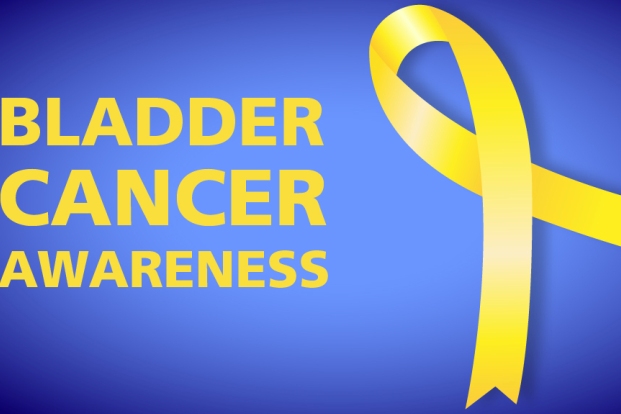Does Bladder Cancer Run in Families?
Apr 19, 2022
It’s unusual for bladder cancer to run in families, but some types may have a hereditary link. Having one or more immediate family members with bladder cancer doesn’t mean you’ll get this disease. Although genetics may play an important role, other issues that affect your risk like lifestyle choices, are under your control. Smoking triples your risk of developing bladder cancer. Half of all bladder cancer is associated with smoking. Few people with bladder cancer have a rare mutation in the RB1 gene. This gene can cause retinoblastoma, an eye cancer. It may also increase bladder cancer risk. This gene mutation can be inherited. Other hereditary and rare genetic syndromes may increase bladder cancer risk. One is Cowden syndrome, which causes multiple noncancerous growths known as hamartomas. This is more closely linked with increased risk of colon cancer.

Types of bladder cancer include:
- Urothelial carcinoma.Urothelial carcinoma, previously known as transitional cell carcinoma, occurs in the cells that line the inside of the bladder. Urothelial cells expand when your bladder is full and contract when your bladder is empty. These same cells line the inside of the ureters and the urethra and tumors can form in those places as well.
- Squamous cell carcinoma.Squamous cell carcinoma is associated with chronic irritation of the bladder, for instance from an infection or from long-term use of a urinary catheter.
- Adenocarcinoma begins in cells that make up mucus-secreting glands in the bladder.
Few bladder cancers include more than one type of cell.









